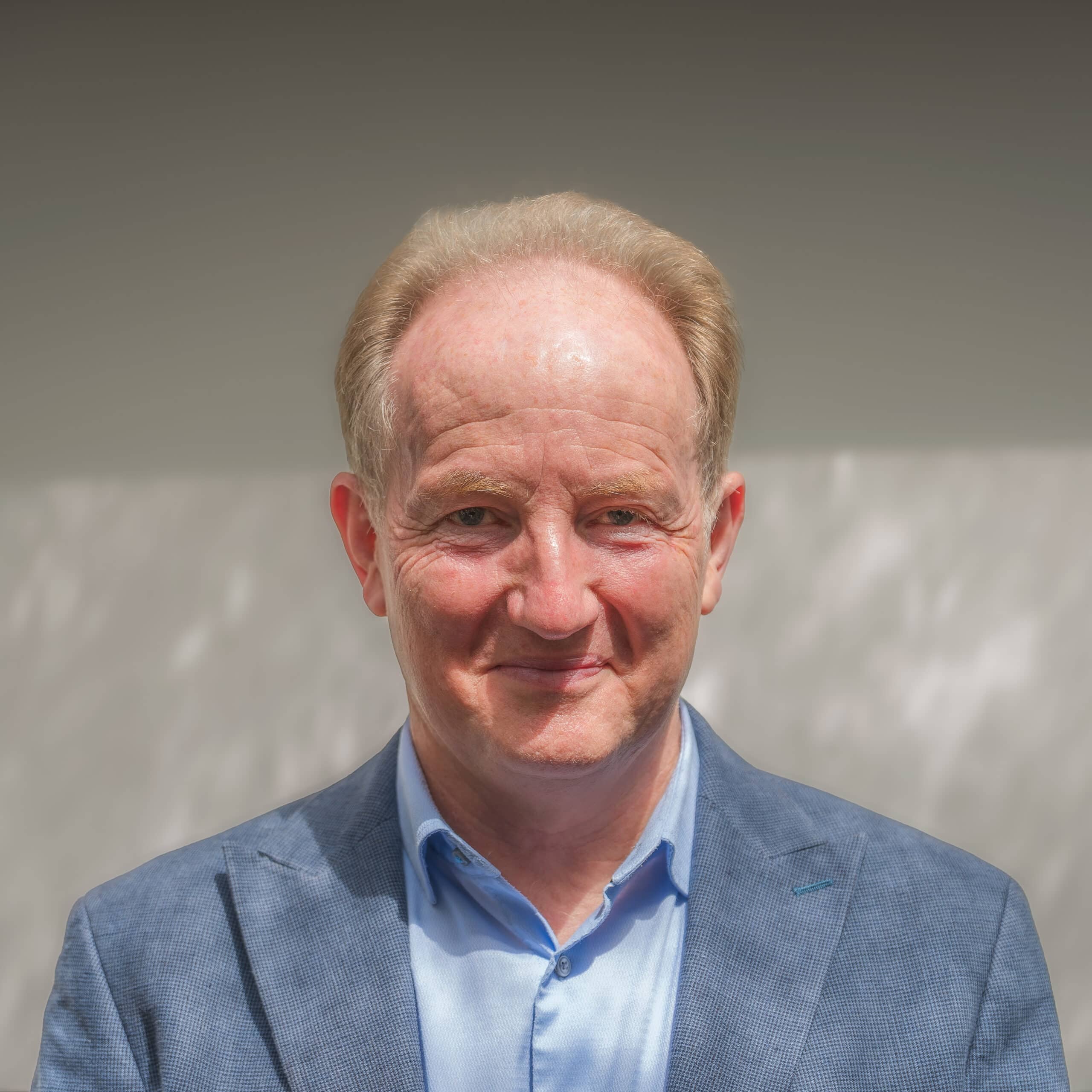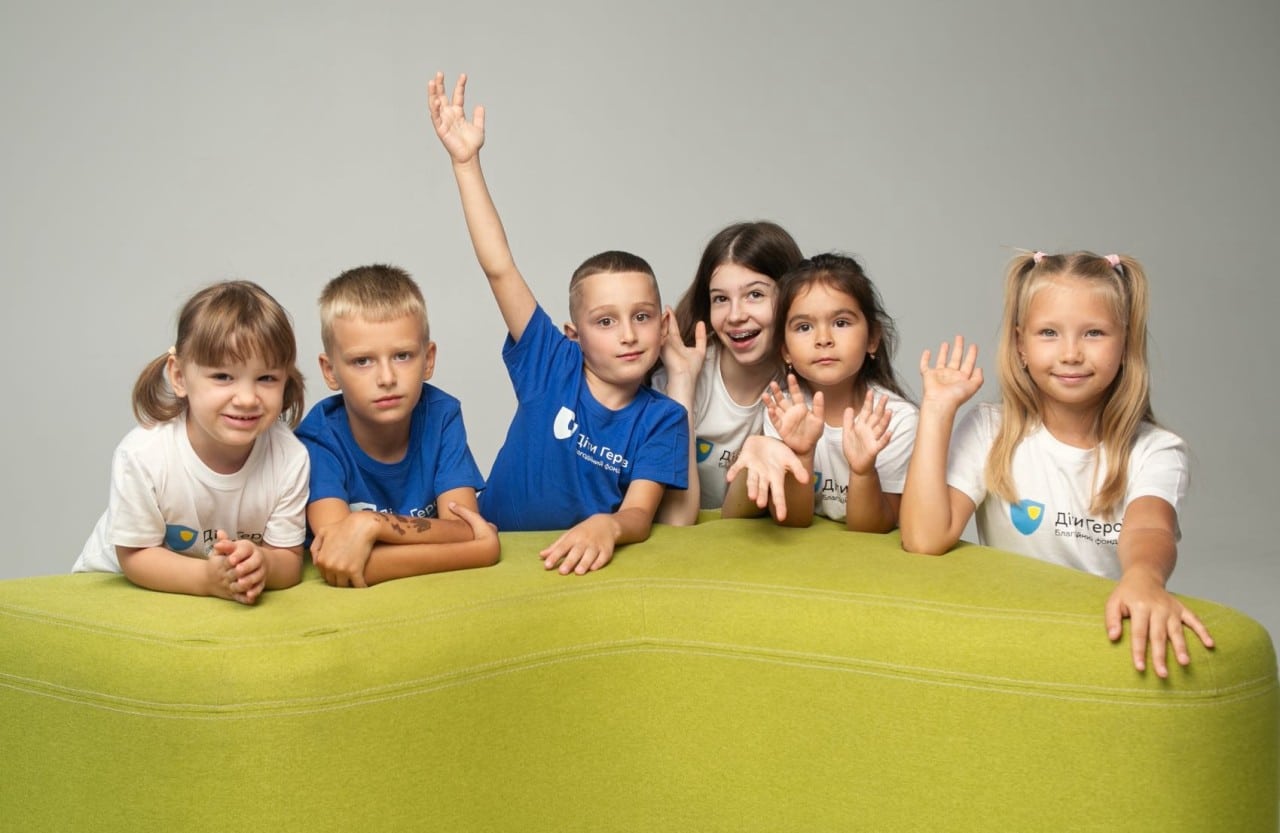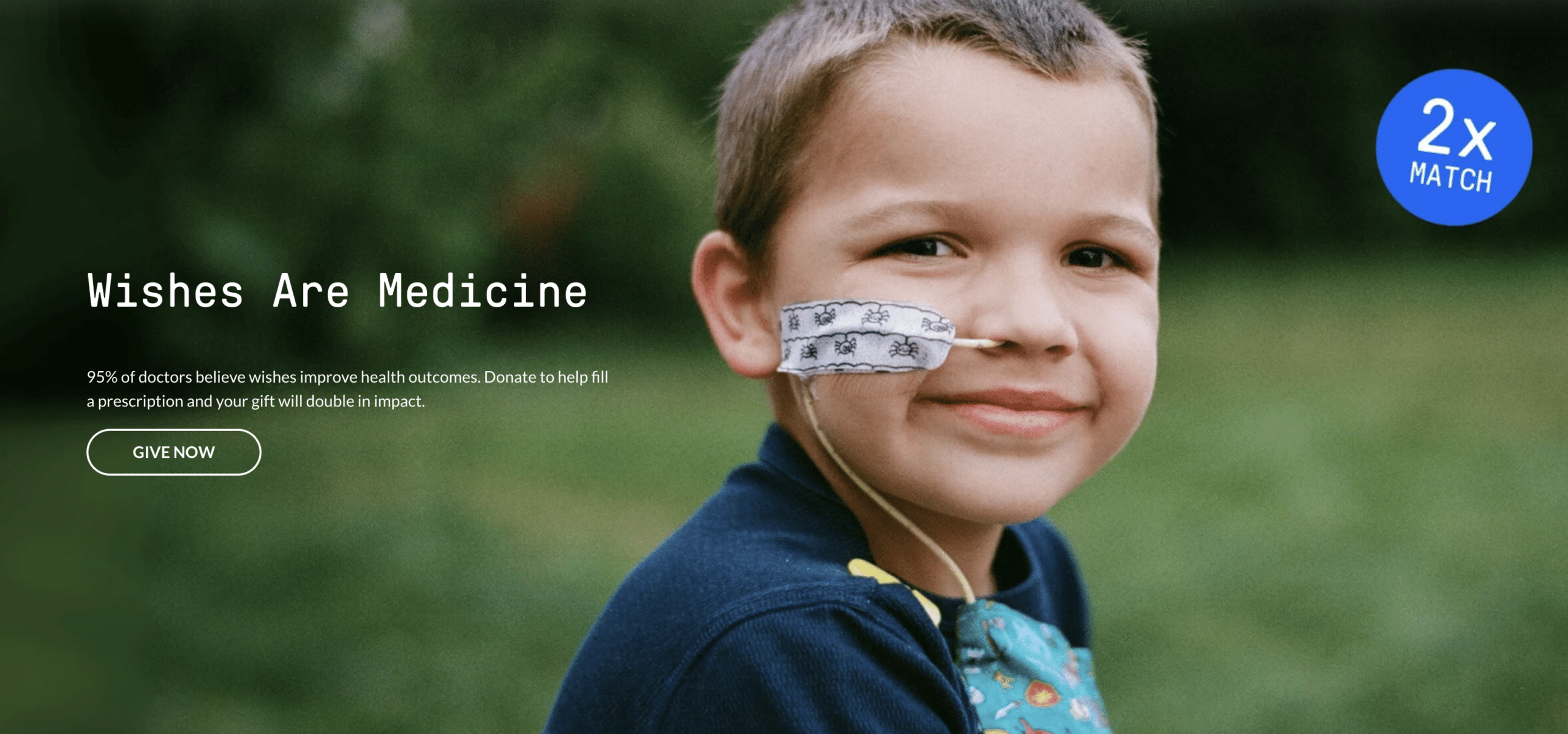Tackling Romania’s loneliness pandemic in a new fundraising economy
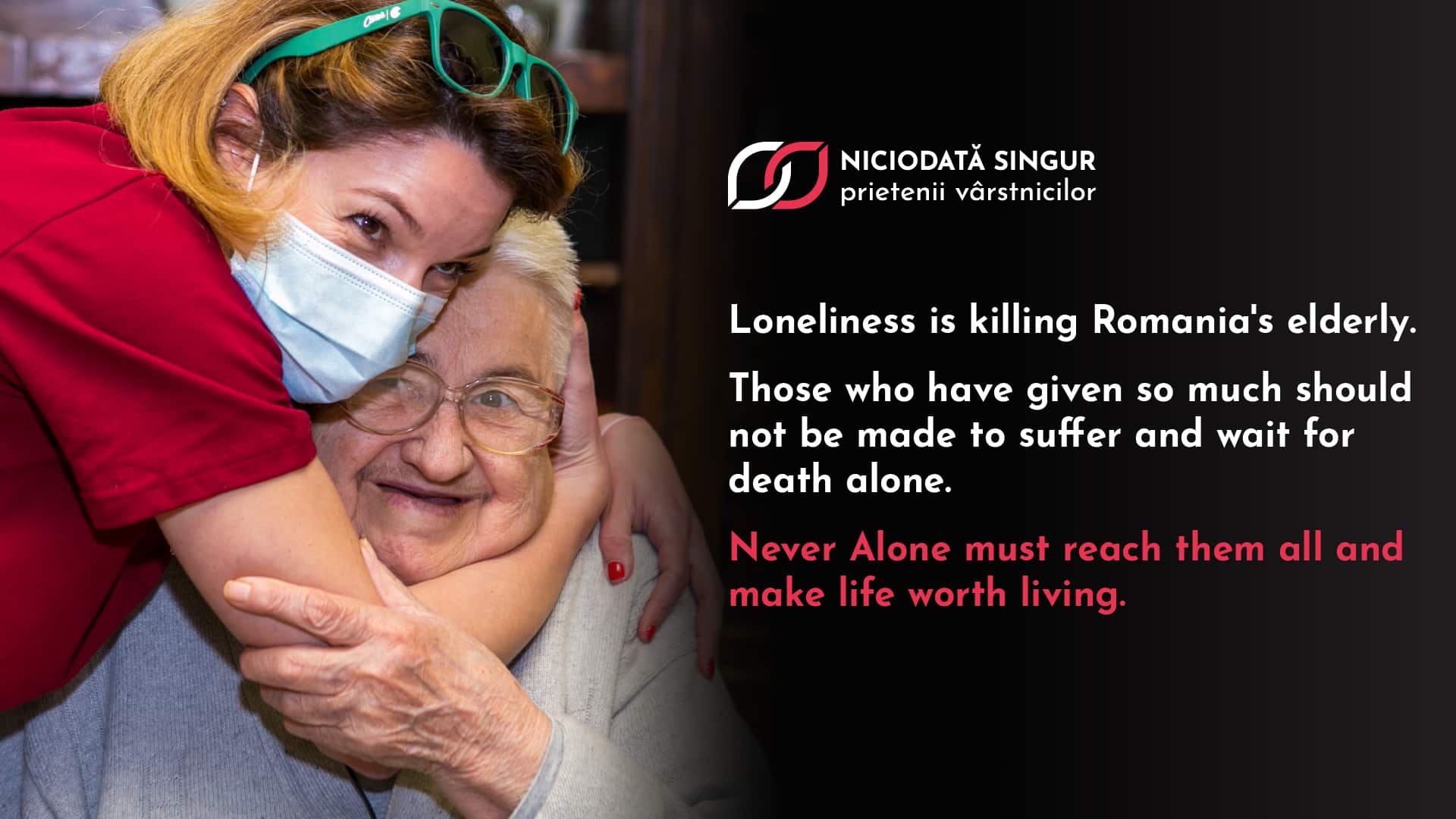
In Romania, where many nonprofit organisations rely on grants, a charity supporting
the country’s lonely elderly launched a novel concept — a fundraising campaign — to help them reach those suffering one by one. Its president László Bodor and
executive director Catalin Dinu, share their experience.
In 2016, inspired by a programme running in France, Never Alone was set up to help Romania’s lonely elderly integrate socially. A national study conducted in 2021 ordered by the charity to make the problem more visible, found that one in four elderly in urban areas — that’s 450,000 people — were suffering severe loneliness. Never Alone aspires to reach them one by one.
Big city, big problem
The charity, which started with a team of four and is now 10-strong, focuses on working with people in urban areas. Those being helped come from a range of social backgrounds — the only criterion is that they feel some degree of loneliness.
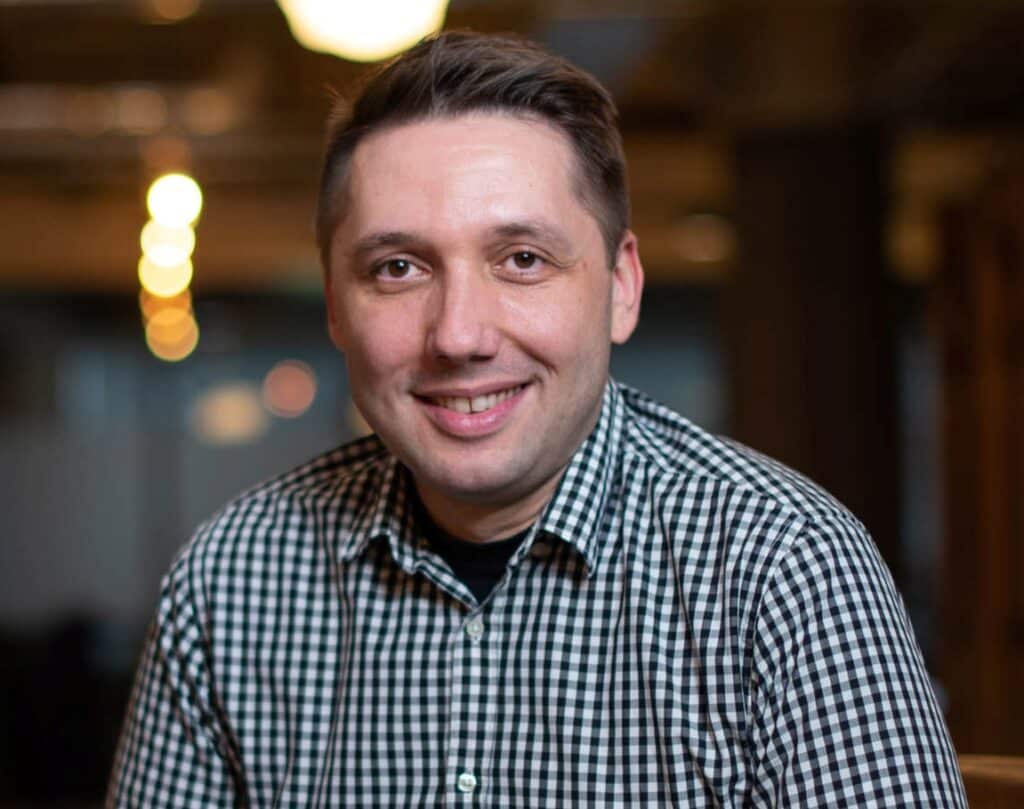
“A lot of our work involves changing perceptions,” says László. “It’s not about poverty. You can still be a retired doctor or teacher and feel lonely. It’s a huge step for people in cities to admit they need help and reach out for it. In rural areas, there’s more of a community and people pull together more. Behind closed doors in cities, loneliness is rife. It’s a problem that can lead to an early death.”
Never Alone now operates across 10 cities and is currently helping around 500 elderly people through their friendship pairing scheme and day centre. Through the charity, 300 volunteers ranging from 17-80 buddy up with someone feeling isolated and visit them weekly or fortnightly. “Genuine friendships have blossomed through the programme,” says Catalin. “Some even get together on weekends or spend Christmas together.”
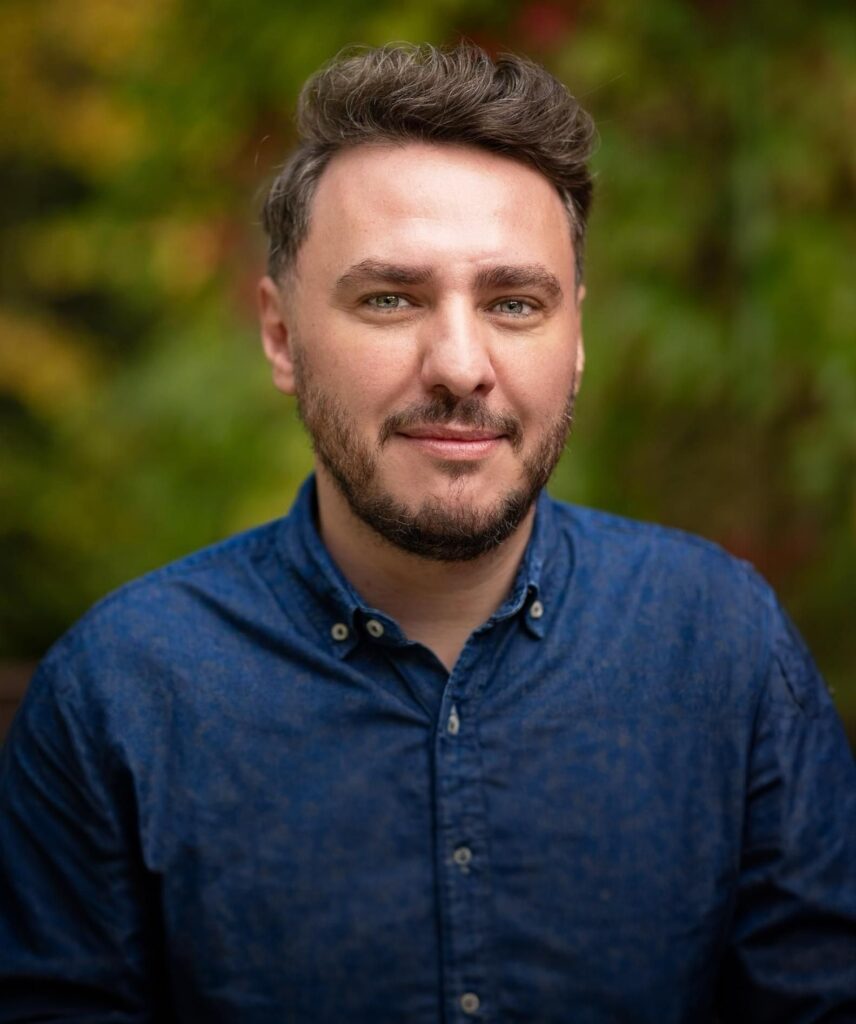
Finding a way forward
In 2021, keen to make more of an impact and capture the attention of donors, Never Alone started working with an international agency to develop their ambition and campaign concept.
“The new campaign entitled ‘The Loneliness Pandemic’ completely changed the focus of our content,” says Catalin.
“Before that, we’d been reluctant to talk about loneliness alone without also mentioning poverty. We hadn’t thought it was fundraising-friendly enough. Now, that’s all we talk about. We started to move away from images of people who looked poor — we choose those who look more like grandparents because they’re the core group we’re helping. Many of the elderly who are alone in Romania also fight poverty, but our main focus is loneliness, so we adapted our communications.
“Before the development work, we had values, but having an ambition was a new concept. Our ambition — that those who have given so much should not be made to suffer and wait for death alone. Never Alone must reach them all and make life worth living — brought about great changes for our tiny organisation who, at the time were helping fewer than 100 elderly. Our headlines became strong to match our new ambition, brazenly informing that loneliness killed the elderly. Some people thought it was too much, but as a team we were courageous, and we ran with it.”
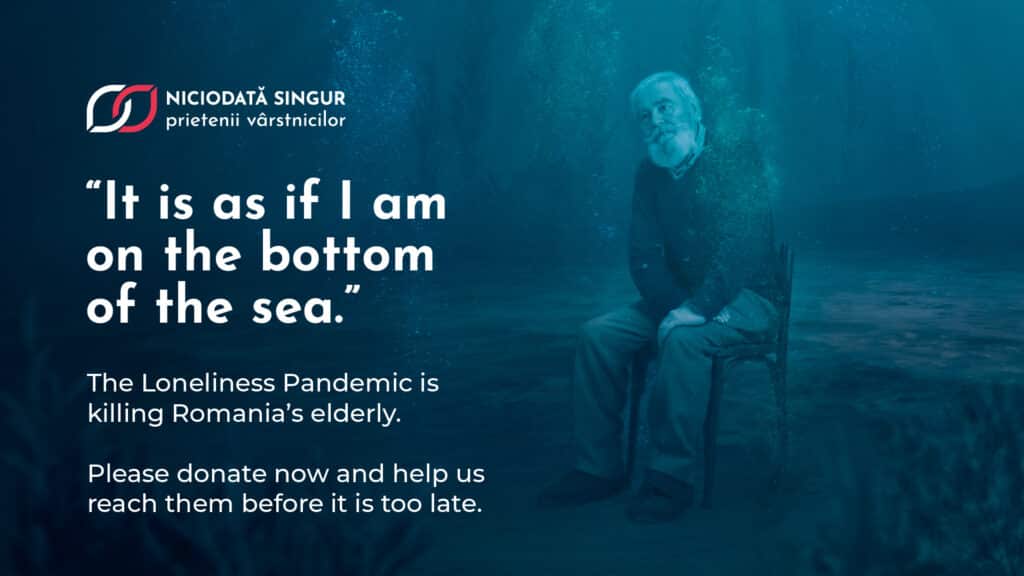
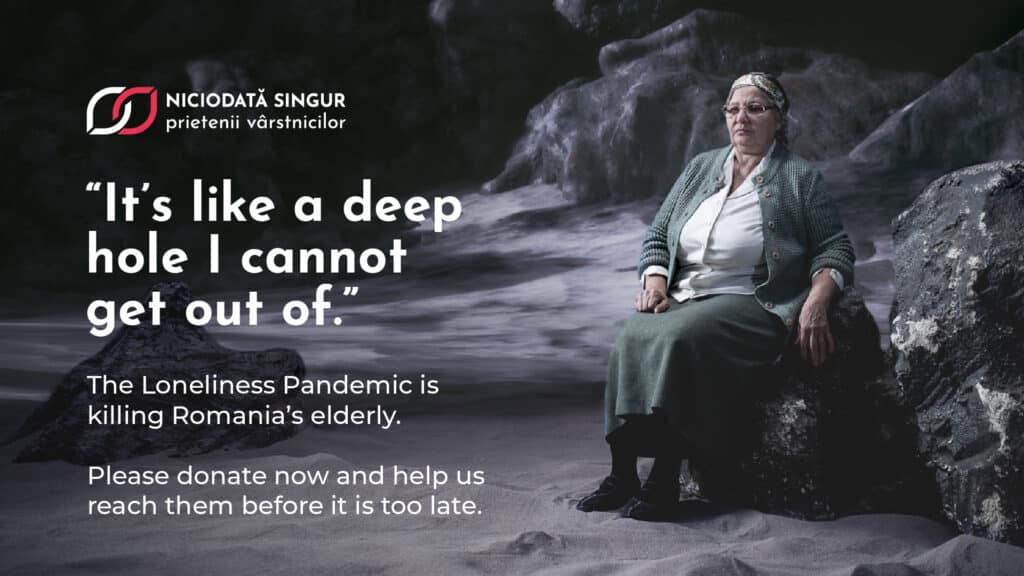
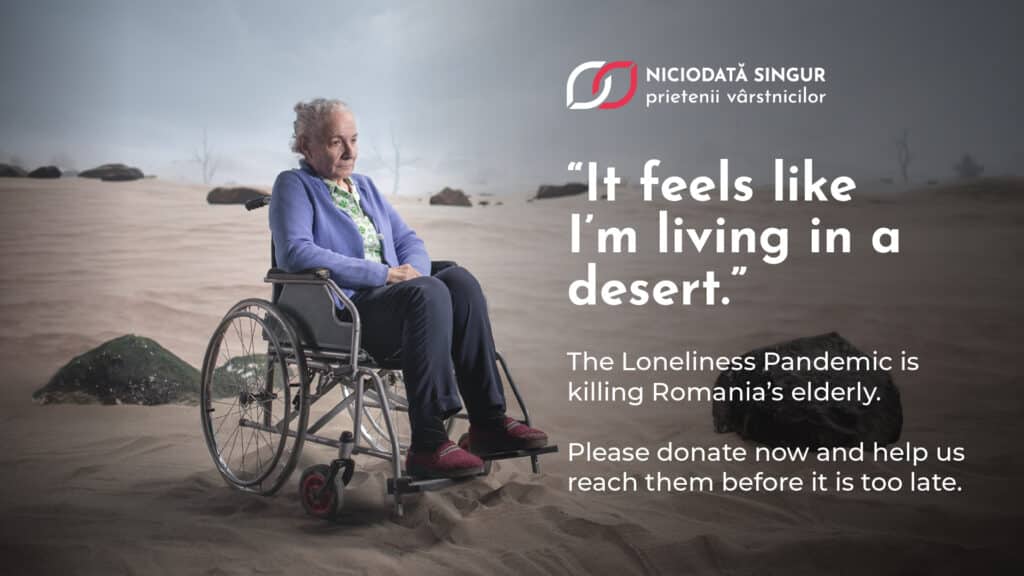
A new message, a new approach
The new visuals and video assets promoting the hard-hitting messaging were implemented from the end of 2021 to increase the charity’s visibility among potential supporters.
László explains: “In Romania, only a small number of nonprofits fundraise using well-developed fundraising messages and campaigns, targeting individuals and companies. It’s a relatively new model.”
With their new suite of assets, Never Alone focused their efforts on reaching out mainly to companies to begin with (who, in Romania, can direct up to 20% of their tax to charities) through direct mailing in a campaign which raised €200,000, including an unexpected one-off donation of €30,000.
Believing the campaign still had more potential, specifically to reach individual givers, Catalin approached TV stations who agreed to run the TV ad for free, outside of prime time. He received especially good feedback from the largest TV station, which also became one of the charity’s biggest corporate supporters, donating €30,000 in one year alone.
Thanks to the TV campaign and additional digital messages running in tandem, the unapologetic messaging and visuals of grandmotherly and grandfatherly figures cut through to Romania’s young, who started to come forward to volunteer.
“The image of how a grandmother should look and feel is very distinct in Romania,” says Catalin.
“It stirs up memories and emotions and helps to find the lost grandchild in all of us.”
The road ahead
Despite the success, László admits the charity has a lot more to learn: “We’re still small and don’t underestimate the size of the problem. Our ambition is to become that organisation who will drive the solution, but we know we have a great deal of work to do. Being a small organization and a small team, setting goals for our fundraising campaigns and measuring their success is difficult. We usually focus on developing the campaign and implementing it, comparing then the results versus previous campaigns.”
Never Alone is constantly open to collaborating with other organisations with similar missions and sharing information and knowledge with those organisations. “The more nonprofits are set to solve the problem of the elderly fighting loneliness, the better,” says László.
“We’re consciously working on the way we communicate with donors. We’re making good progress and investing resources in it, which is not something that every Romanian charity does. Our sector has a lot of potential but it’s still in the developing stages. We know there’s a lot of work to do still and a lot more people who need our help.”
László and Catalin are the first to say mistakes were made and lessons learned during their fundraising campaigns.
“We trialled AI generated imagery,” says László, but it just didn’t feel familiar enough to people to drive them to take action.” It was an important mistake, though, and one the organisation is glad they made because it led to further development of the grandparent images which had a profound effect on
supporters.
The year in which the Loneliness Campaign ran (2021-2022) was Never Alone’s most successful fundraising year up until that point, raising €200,000 — an increase of almost 100% on the previous year’s campaign (although 2023 has since overtaken it with a fundraising income of over €600k). The charity has more individual donors now than ever before and, specifically, a lot more younger volunteers.
What’s next for Never Alone?
“We need to do more tests to define what’s working and what isn’t,” Catalin says.
“We’re experimenting with using photos of real people and their shared definitions of what isolation feels like. For example, we have one image of a man sitting at the bottom of the ocean, because that’s how he said loneliness feels. We believe it’s working, but we want to know for sure so we can move forward with more certainty over our investments.”
On a wider scale, Never Alone are determined to succeed in their mission in ensuring no old people should suffer loneliness. They may be a small team, but they have a mighty mindset. Catalin is one of the first people in Romania to undertake a PhD in fundraising and the charity is firm in its goal to become a role model for the sector.
“We have a strong desire to contribute and help develop the sector,” Catalin says. “It’s something we’re extremely passionate about.”
Key advice from László and Catalin
- Trust the process. Don’t just work on your ambition, then put it away in a box. Allow it to open your eyes and become the catalyst for great change
- Before you start, be sure you have the attitude and capability to allow transformation to happen
- Don’t be afraid to do something different. We were only the second nonprofit in Romania that we know of to undertake this kind of development work, and yet it paid off!

